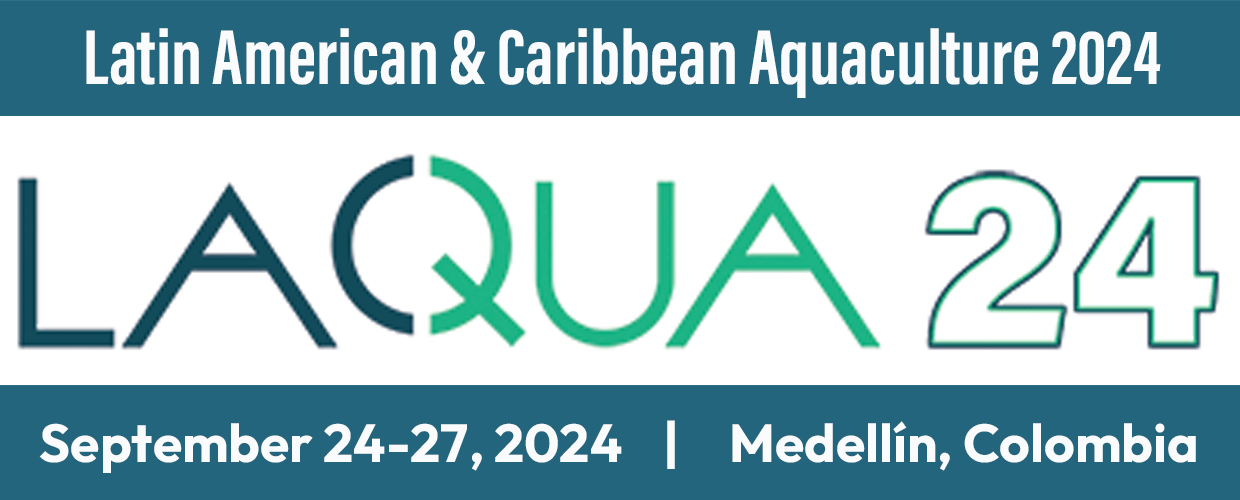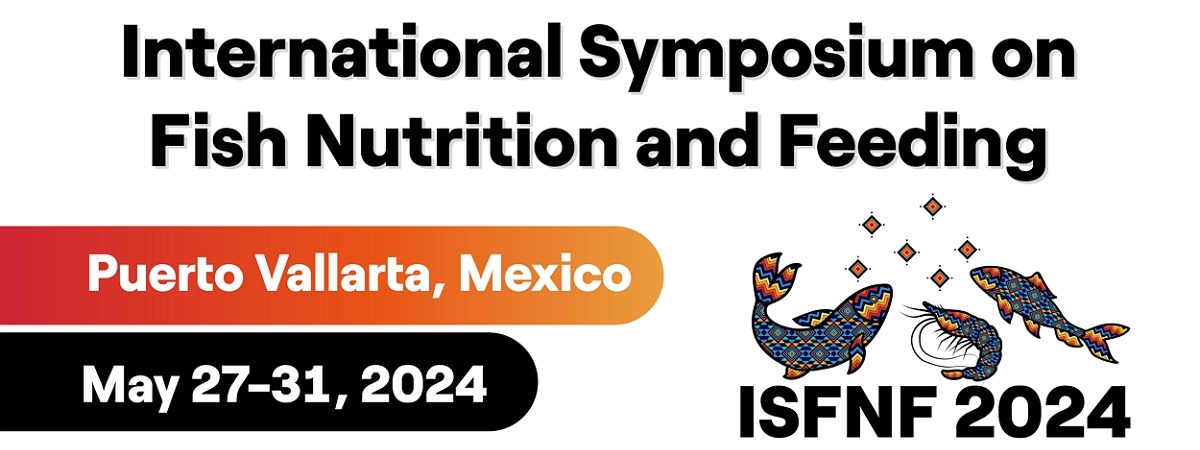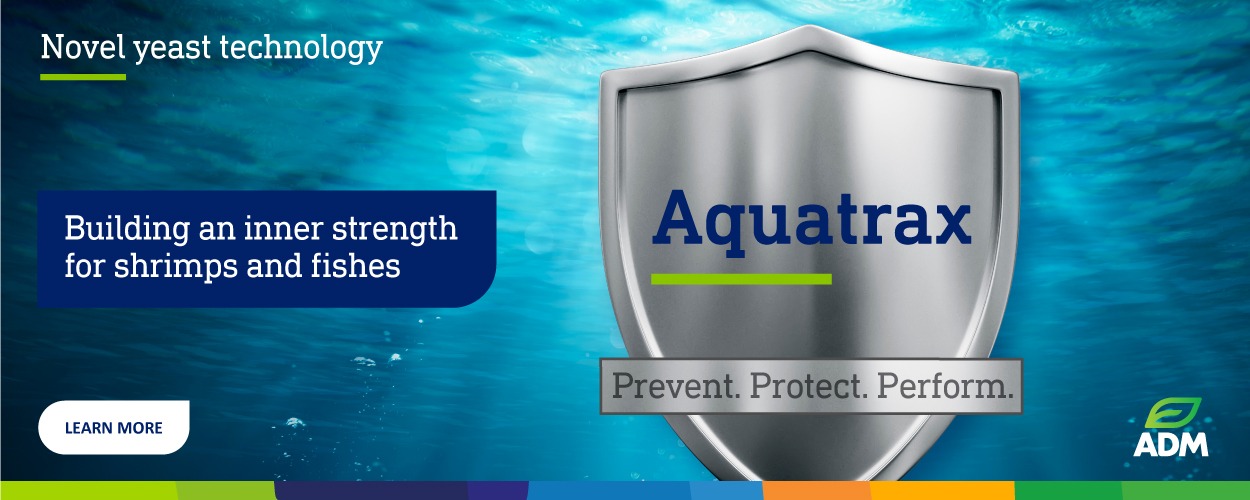Visitas: 180
During Dr. Roy Weitzell’s last fishing trip, he netted more than 60 rainbow trout. This miraculous bounty didn’t occur on the banks of a lazy river, but in his laboratory.
Located on Chatham University’s Eden Hall Campus, in Richland, the Aquaculture Lab allows students in the Falk School of Sustainability and the Environment to farm marine organisms, including fish, shellfish, turtles and plants.
“Our main issues as we move forward in time are population growth and climate change and diminishing resources,” said Weitzell, director of the lab. “We need to be more efficient in the ways we produce protein. Fish is a lean, healthy protein. It’s the best option for feeding a growing population.”
The centerpiece of the lab is the Eden Hall Recirculating Aquaculture System, or Eden Hall RAS, which consists of three 500-gallon tanks that use recycled water and run on solar and geothermal power. Weitzell and his students grow fish at high densities and then research variables such as coloration, taste, texture, size and growth rate. Currently, the tanks hold about 600, foot-long rainbow trout — which started off as 3-inch-long fingerlings — but the system has a capacity of 1,000 fish.
On Tuesday, Weitzell, Chef Chris Galarza and a small group of students harvested six dozen fish for a Lenten feast at Eden Hall’s Anderson Dining Hall, which is open to the public.
“It tastes clean and fresh and has a natural sweetness to it,” said Galarza, who worked at Mt. Washington’s Monterey Bay Fish Grotto and Off The Hook in Warrendale before joining Parkhurst Dining.
Hungry patrons enjoyed the fish with smoked tomato polenta, mushrooms and greens raised in Eden Hall’s organic garden. Students utilize the 388-acre campus farmland to grow protein-rich crops that can be turned into fish feed. Right now, the fish are fed meal that is made from other sea creatures. They are fed every 50 minutes using an automated system, so they grow as big and fast as possible and make a hearty meal.
By partnering with the Falk School’s Food Studies Department as well as local restaurants and food purveyors, including The Twisted Frenchman and the Pittsburgh Pickle Company, Weitzell is teaching his students not only the science of sustainability, but the business aspects of it as well.
Pupils will learn how to market and sell an array of products, most notably Galarza’s smoked trout spread. The money will be filtered back into the Aquaculture Lab.
First-year student Suzanne Gloekler, 22, who is studying the effects of road salt on freshwater fish, winces as she watches Weitzell and Galarza gut the fish.
“It’s important for students to see the process,” Weitzell said with a smile. “Fish don’t just jump out of the water and onto a plate.”
Chatham University’s Eden Hall Campus is located at 6035 Ridge Road in Richland.
Kristy Locklin is a Tribune-Review contributor.
Source: http://triblive.com/local/northhills/13304040-74/chathams-aquaculture-lab-serves-up-lenten-feast-lesson-in-sustainability













